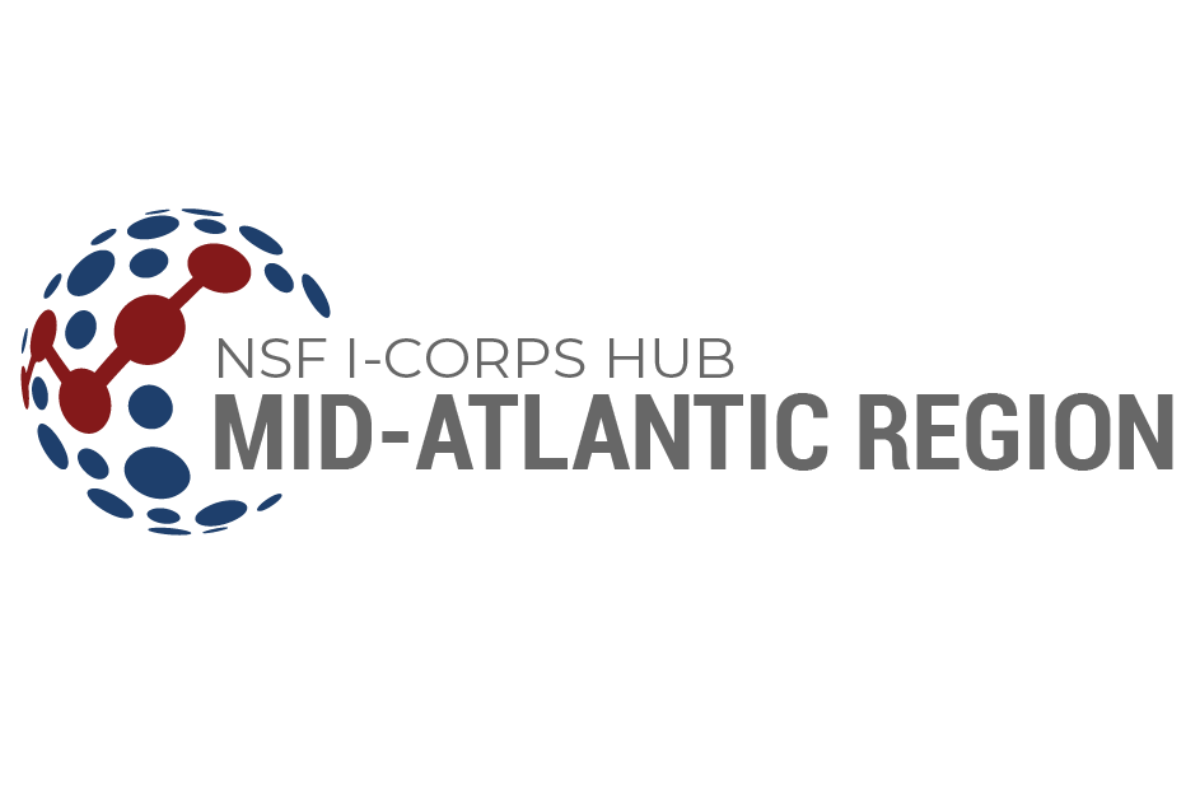
UNC Charlotte is now part of the National Science Foundation I-Corps Hub Mid-Atlantic Region, a network of 11 universities that helps researchers translate inventions to the marketplace.
“UNC Charlotte is a leading institution dedicated to serving diverse populations and catering to the Charlotte region not currently supported by I-Corps Hubs,” said Dan Kunitz, director and co-principal investigator of the Mid-Atlantic I-Corps Hub. “Through its addition, we will collectively broaden I-Corps participation, reach more underserved communities and achieve greater societal and economic impact.”
The Mid-Atlantic I-Corps Hub is a collaboration of research institutions spanning North Carolina, Virginia, Maryland, the District of Columbia and Pennsylvania. Led by the University of Maryland, the hub pools the combined resources of universities to standardize and offer I-Corps training across the region.
The U.S. National Science Foundation Innovation Corps program provides researchers and entrepreneurs with real-world, hands-on training on how to successfully incorporate innovations into successful products. Across the country, individual hubs implement the I-Corps program in regional research communities.
Charlotte, North Carolina’s urban research university home, enrolls more than 30,000 students. Located in one of the fastest-growing regions in the United States, UNC Charlotte is the Queen City’s great university. Through award-winning focus on student success that fosters economic mobility, internationally recognized programs of research and creative activity that foster societal growth and a commitment to cultural enrichment that makes Charlotte more vibrant, UNC Charlotte is recognized as a Top 100 Public University by U.S. News and World Report.
“Our researchers produce a wide range of breakthroughs and new technologies,” said Robert Keynton, dean of the William States Lee College of Engineering at UNC Charlotte. “Faculty and student inventors have received 85 new patents, ranging from cancer diagnostics to solar panels, placing us among the country’s top institutions for innovation productivity and technology commercialization. By integrating into the Mid-Atlantic Hub, Charlotte commits to bringing our solution-oriented culture and engaging in deep technology transfer to ensure that more discoveries make it to market for the benefit of society.”
UNC Charlotte doubled its annual research expenditures in the past five years. In addition to receiving a record $73.2 million in government, corporate, and private research awards in fiscal year 2023, faculty were busy seeking additional funds — submitting 679 proposals for over $312 million — for 2023 and beyond. Last year, UNC Charlotte ranked fourth in the nation in startup companies per research expenditure dollars.
UNC Charlotte’s Center for Entrepreneurship and Innovation was recognized as a NSF I-Corps site in 2015. Since then, the center has trained hundreds of regional I-Corps teams and participants, while supporting 23 NSF National I-Corps teams. In 2021, the center received the U.S. Small Business Administration’s Lab-to-Market Inclusive Innovation Visionary Award.
“Our I-Corps site program has built strong collaborative relationships with both North Carolina State University and UNC-Chapel Hill, both Mid-Atlantic Hub members, as well as with other I-Corps sites in the region,” said Devin Collins, CEI director of technology and business support programs. “Moving forward, we will integrate our I-Corps site into the hub with a focus on collaborations in Charlotte and Western North Carolina and on strengthening the collaborations and regional I-Corps programs among all hub partners in the state.”
Keynton will serve as the UNC Charlotte I-Corps principal investigator, while Collins is the co-PI and faculty lead. The hub partnership will allow Keynton and Collins to devote more time to the initiative, and for the University to operate more robust regional I-Corps programs. UNC Charlotte will be fully integrated into the hub’s range of virtual cohorts that are available to all members.
UNC Charlotte will be instrumental in leading the discussion within the hub’s Diversity and Inclusion Committee, and in defining how the I-Corps goal of broadening participation can be communicated, presented, incorporated and tracked, and how it can evolve as a key activity of the hub. As an institution in an I-Corps underserved community, UNC Charlotte will be a critical voice in sharing best practices, exploring new opportunities and defining broadening participation for all hub universities in the I-Corps National Innovation Network.
In addition to UNC Charlotte, the Mid-Atlantic I-Corps Hub universities are Penn State University, Carnegie Mellon University, University of Pennsylvania, University of Maryland, Johns Hopkins University, Howard University, the George Washington University, UNC-Chapel Hill, North Carolina State University, Virginia Tech and Hampton University.